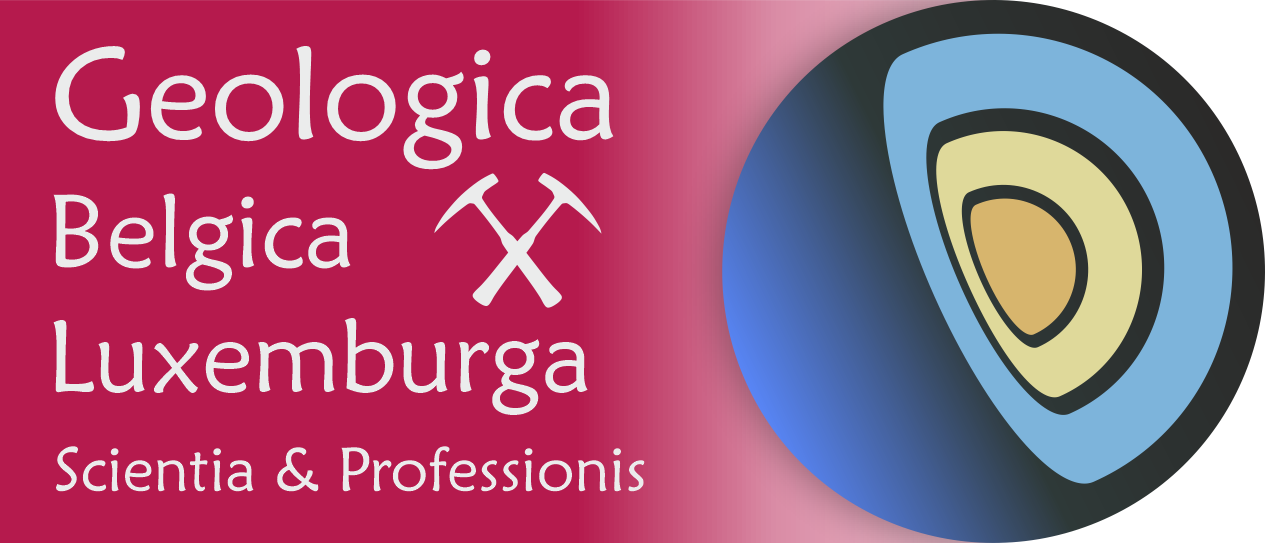MICROFACIES D’UNE LENTILLE BIOHERMALE A LA LIMITE EIFELIEN/GIVETIEN (WELLIN, BORD SUD DU SYNCLINORIUM DE DINANT)
Université Libre de Bruxelles, Département des Sciences de la Terre et de l’Environnement, Géologie-CP160/02, 50 av FD Roosevelt, Bruxelles B 1050 – Belgique
Université Libre de Bruxelles, Département des Sciences de la Terre et de l’Environnement, Géologie-CP160/02, 50 av FD Roosevelt, Bruxelles B 1050 – Belgique. E-mail: apreat@ulb.ac.be
Abstract
A biohermal lens is described from the Eifelian-Givetian transition beds near Wellin (southern flank of the Dinant basin). The lens is about 200 m long and 45 m thick. It is composed of a central stromatopore-coral framestone (30 m) and of flanks of udoteacean packstone and stromatopore-brachiopod floatstone. The sedimentology based on two nearby sections indicate a regression. The log is based on the succession of 10 carbonate microfacies (MF1-10, standard sequence). The deepest microfacies (MF1) is open marine at the upper limit of the storm waves and the dysphotic-euphotic boundary. The shallower microfacies is partly emerged (lagoonal sediments, MF10). The framestone (MF7) is characterized by early isopachous cementation. Communities and fossil assemblages underline the important development of udoteacean meadows in the flanks while these algae play little or no role in the formation of the framestone. The bioherm covers a crinoidal sole (MF4), that is overlying the open marine facies (MF1-3). These show evidence of sulfate-reduction, with widespread bacterial (?) filamentous pyrite. Correlation between the two stratigraphic sections indicates that the architecture of the bioherm (central core and flanks) is planar (‘bank »). The total thickness of the studied succession is about 70 m. They grade from dysphotic-euphotic boundary estimated here around 20 m deep to emersion. Thus subsidence is here much more important than the eustatic regression. A new green udoteacean alga is described : Vignella nilsii n.gen., n. sp.

